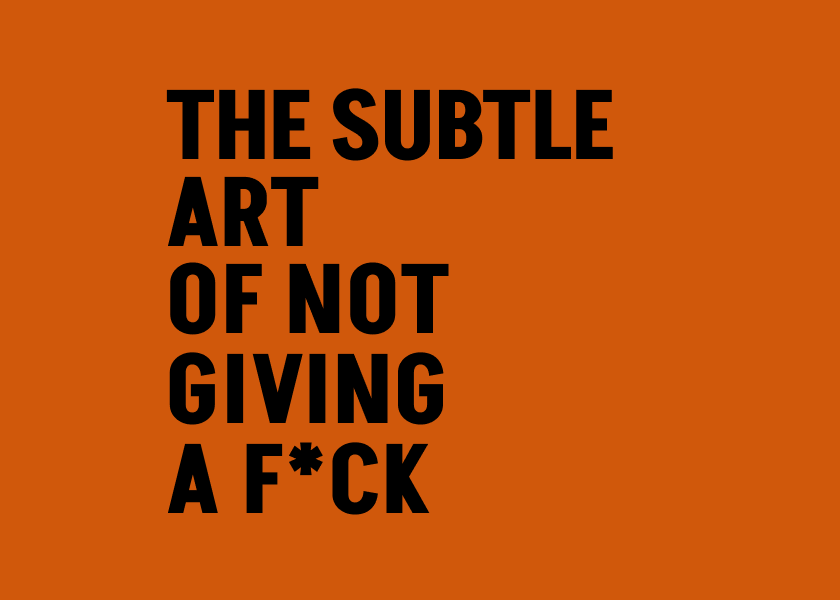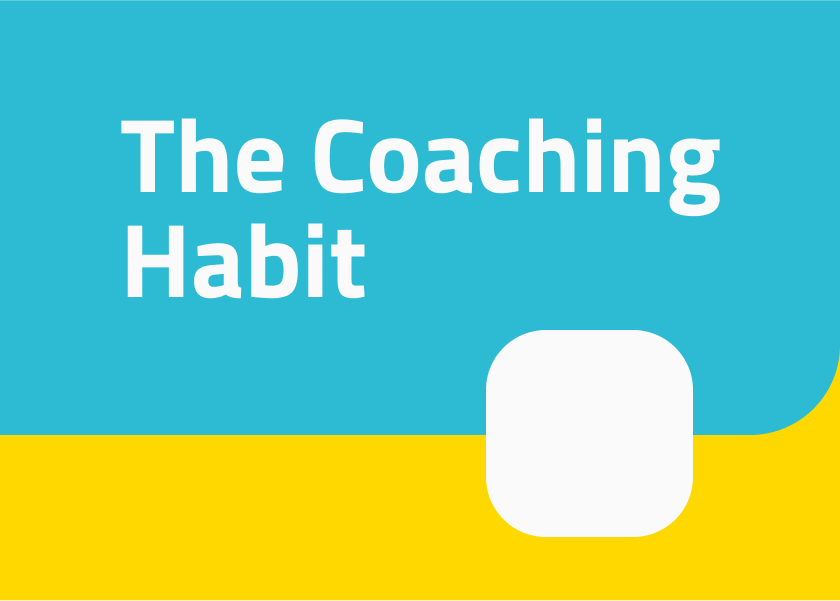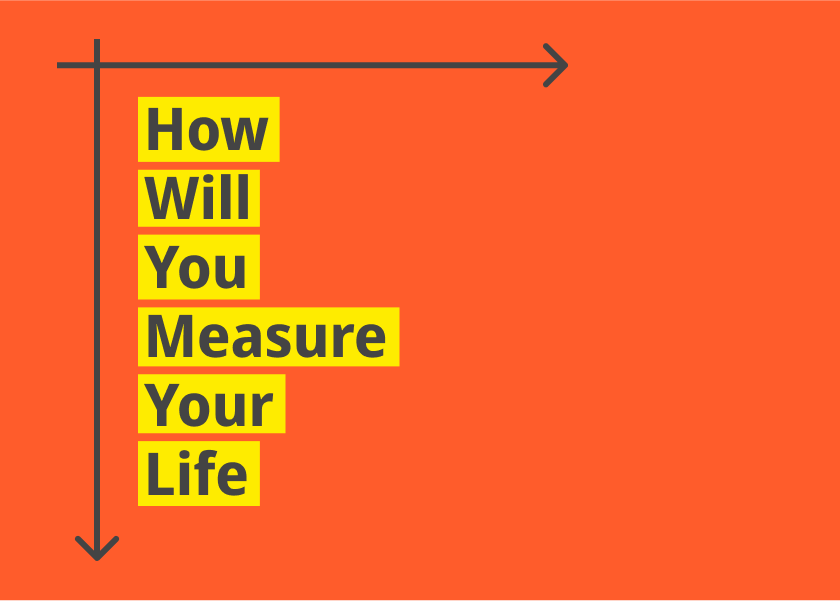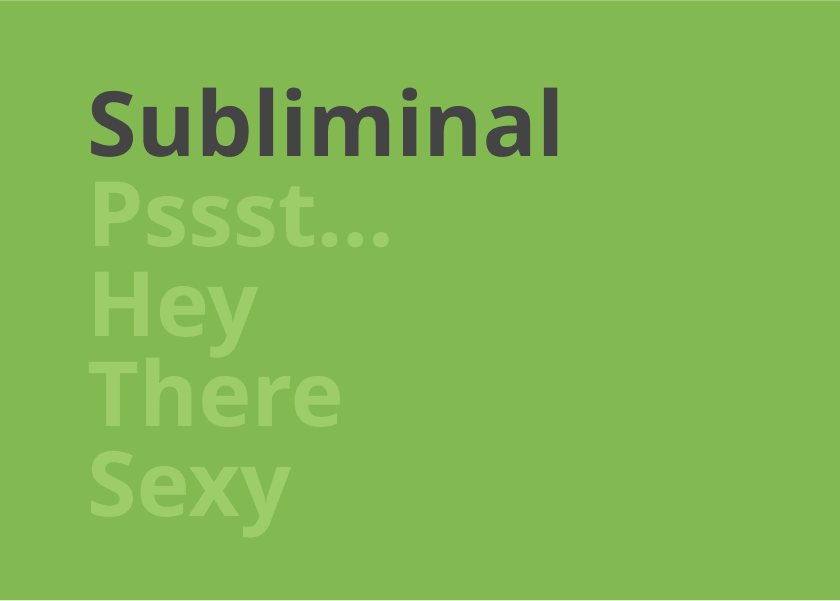The Subtle Art of Not Giving a F*ck by Mark Manson - Summary
Improving your life hinges on choosing what you care about. Most of us focus on things that don't really matter, superficial things like money or popularity. By embracing your negative experiences you can learn from your mistakes and begin to lead a more fulfilling life.

The following is a summary of Mark Manson's book The Subtle Art of Not Giving a F*ck.
Listen to ShelfHelp's podcast on the book.
Don't Just Exist - Live: A Summary of The Subtle Art of Not Giving a F*ck
In a world obsessed with positivity and endless self-improvement, Mark Manson's The Subtle Art of Not Giving a F*ck arrives like a breath of fresh air in a room filled with scented candles. Instead of adding to the chorus of voices telling you to "just be happy," Manson offers a refreshingly honest perspective: life isn't about avoiding problems—it's about choosing which problems are worth your time and energy.
Table of Contents
- About the Author
- Who Should Read This Book?
- Key Insights and Themes
- Detailed Summary
- Review
- Actionable Takeaways
- FAQs
- Conclusion
About the Author
Mark Manson emerged from the digital landscape as a voice of radical honesty in the self-help world. A successful blogger turned author, he's known for cutting through the typical personal development fluff with sharp insights and refreshing candor. His approach combines psychological research with real-world observations, delivered through the lens of someone who's learned these lessons the hard way.
Who Should Read This Book?
This book speaks to those who feel exhausted by the constant pressure to be extraordinary. It's particularly valuable for:
- The perfectionist who's tired of feeling like nothing is ever good enough
- The over-thinker who needs permission to care less about the small stuff
- Anyone feeling trapped by society's expectations of constant happiness
- Those seeking authentic personal growth without the sugar coating
Key Insights and Themes
At its heart, the book revolves around several counterintuitive principles:
- True happiness comes not from avoiding problems, but from choosing better problems to solve
- Everything worthwhile in life comes with a tradeoff—the question is whether you're willing to pay the price
- Our limitations are often our greatest strengths when we learn to work with them rather than against them
- The path to meaningful living starts with brutal self-honesty
Detailed Summary
Delving deeper into the book reveals the following insights:
Don't Try
Think of happiness like a cat—the more you chase it, the more it runs away. Manson begins with the story of Charles Bukowski, a writer who succeeded not by overcoming his flaws, but by embracing them. Through this counterintuitive example, he introduces the "feedback loop from hell"—where feeling bad about feeling bad creates a spiral of negativity.
This chapter challenges our culture's obsession with relentless positivity. Using research in psychology and real-world examples, Manson shows how the pressure to be constantly happy actually makes us more miserable. He illustrates this through the story of a young professional who seemed to "have it all" but felt increasingly empty chasing conventional success markers.
Practical Application: Notice when you're beating yourself up for having negative emotions. Instead of trying to force positivity, practice accepting your current emotional state without judgment. For example, rather than saying "I shouldn't feel anxious about this presentation," try "I'm feeling anxious, and that's okay."
Happiness Is a Problem
Manson reframes happiness not as a destination but as a series of problems you enjoy solving. Like choosing which mountain to climb, life satisfaction comes from selecting challenges that align with your values. He uses the Buddha's life story to illustrate how even having everything you want doesn't guarantee happiness—it's about finding meaning in the challenges you choose to tackle.
The chapter explores the concept of "hedonic adaptation"—our tendency to return to a baseline level of happiness regardless of what happens to us. Through examples ranging from lottery winners to accident victims, Manson demonstrates how lasting satisfaction comes not from eliminating problems but from engaging with meaningful ones.
Practical Application: List your current problems, then ask yourself: "Which of these problems do I actually enjoy dealing with?" Maybe you dislike the process of exercising, but you enjoy the challenge of beating your personal records. Understanding this distinction helps you focus your energy on meaningful challenges rather than trying to avoid difficulties altogether.
You Are Not Special
In perhaps his most provocative chapter, Manson dismantles the "everyone is special" narrative. He argues that accepting our ordinariness is paradoxically what allows us to do extraordinary things.
The Value of Suffering
Pain and growth are inseparable companions. Manson shows how our struggles shape our values, and how choosing the right challenges to embrace leads to meaningful growth.
You Are Always Choosing
Every moment presents a choice—not about what happens to us, but about how we respond. This chapter emphasises personal responsibility without blame.
You're Wrong About Everything
Uncertainty is not just normal—it's necessary for growth. Manson encourages embracing doubt as a path to wisdom rather than seeing it as a weakness.
The Importance of Saying No
Learning to set boundaries and say no isn't just about self-protection—it's about making space for what truly matters.
...And Then You Die
Manson concludes with a powerful meditation on mortality, showing how acknowledging our finite nature helps us focus on what truly matters.
Review
The book's greatest strength lies in its ability to deliver profound insights through straightforward, often humorous prose. While some might find the language too crude or the message too blunt, this directness is precisely what makes it effective.
Strengths:
- Refreshingly honest approach to self-improvement
- Practical advice grounded in reality
- Memorable examples and analogies
- Challenges conventional wisdom in productive ways
Considerations:
- Direct language might not suit everyone
- Some might find the message overly simplistic in places
Actionable Takeaways
- Value Audit: List what you currently care about and ask yourself, "Is this making my life better?"
- Problem Selection: Choose challenges that align with your values rather than trying to eliminate all problems
- Responsibility Practice: Focus on what you can control rather than what you can't
- Boundary Setting: Start saying no to things that don't align with your core values
FAQs
Here are some common questions and answers about the book:
- Is this just another self-help book?
While it falls into the self-help category, it actively challenges many traditional self-help concepts, offering a more grounded approach to personal growth. For example, it advocates choosing what really matters to us, instead of "just trying to be happy." - Will this book teach me not to care about anything?
Actually, it's about caring more deeply about fewer things—those that truly matter to you. - What are the main points of The Subtle Art of Not Giving a F*ck?
The main point of The Subtle Art of Not Giving a F*ck is that we should be selective about what we care about. We are constantly bombarded with messages telling us to care about everything, but this is bad for our mental health. The key to a good life is not giving AF about more; it’s giving AF about less. It's about giving AF about only what is true, immediate, and important. - What is the best advice from The Subtle Art of Not Giving a F*ck?
The best advice from the book is to choose your struggles. Everything worthwhile in life is won through surmounting the associated negative experience. We can't have a pain-free life. The more interesting question to ask is not, "What do you want to enjoy?" The more interesting question is, "What pain do you want to sustain?" The author suggests that this is the question that can change a perspective, a life. - What are the 5 values from The Subtle Art of Not Giving a F*ck?
The five counterintuitive values that the author suggests are the most beneficial values to adopt are:
- Radical Responsibility: Taking responsibility for everything that occurs in your life, regardless of who's at fault.
- Uncertainty: The acknowledgement of your own ignorance and the cultivation of constant doubt in your own beliefs.
- Failure: The willingness to discover your own flaws and mistakes so that they may be improved upon.
- Rejection: The ability to both say and hear no, thus clearly defining what you will and will not accept in your life.
- Contemplation of One's Own Mortality: Paying vigilant attention to one’s own death is perhaps the only thing capable of helping us keep all our other values in proper perspective.
- Is The Subtle Art of Not Giving a F*ck worth it?
Whether The Subtle Art of Not Giving a F*ck is “worth it” is a subjective question. However, the book presents a unique perspective on self-improvement that prioritises honesty and self-awareness. It encourages readers to confront their problems rather than avoiding them and to focus on what truly matters in life. If those ideas appeal to you, the book may be worth reading.
Conclusion
The Subtle Art of Not Giving a F*ck isn't about apathy—it's about intentionality. In a world that demands we care intensely about everything, Manson provides a framework for choosing what truly deserves our attention and energy. It's a reminder that a meaningful life isn't built on endless positivity, but on choosing our struggles wisely and engaging with them purposefully.
Remember: The goal isn't to give zero f*cks—it's to give them to the right things.
As an Amazon Associate, ShelfHelp may earn money from qualifying purchases. Needless to say, ShelfHelp only includes affiliate links to books we recommend and think are worth your time reading.




